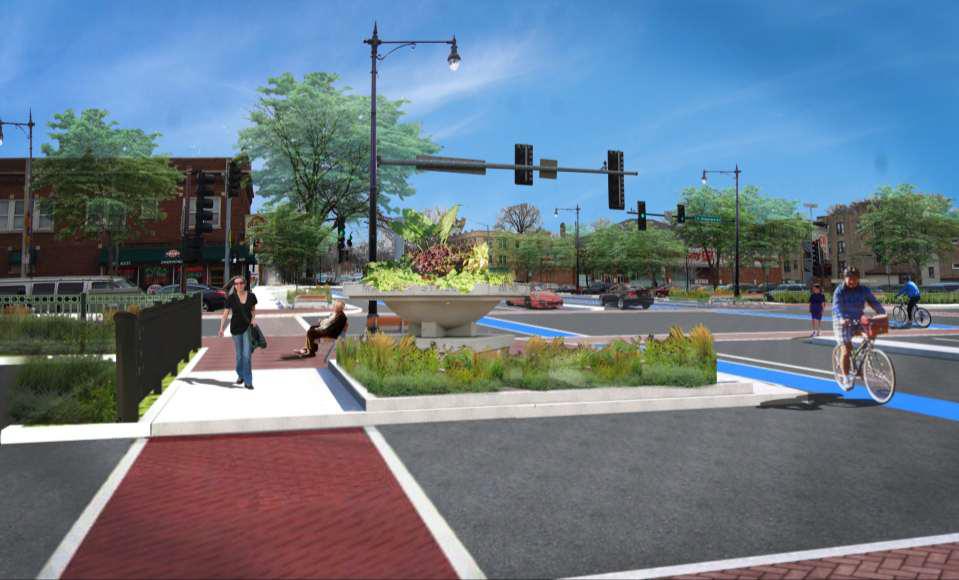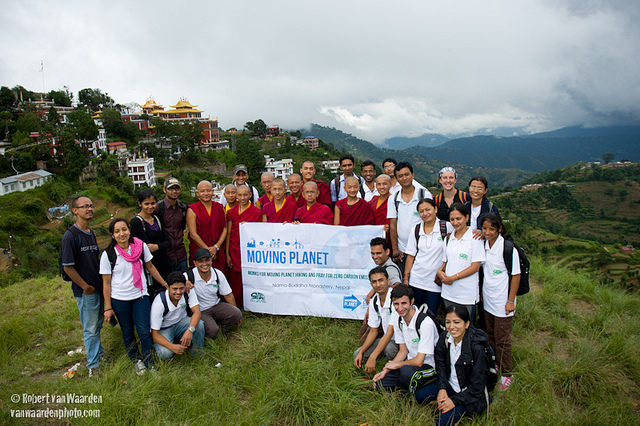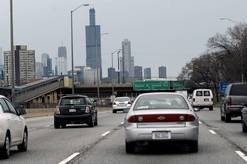by Katie Morris The One Earth Film Festival 2013, organized by Green Community Connections, will sponsor the first ever Young Filmmakers Contest: One Earth…Our Earth. This film contest is a way in which young people can showcase their abilities in making positive changes for their future. It is an opportunity to engage our youth, and create excitement around how they can, and do, make a difference in our world and in our local community.
As part of the 2nd annual One Earth Film Festival, the Young Filmmakers Contest invites students in all eligible age categories (from third grade through college) to submit film entries that cover at least one of the following categories: water, waste, food, transportation, or energy.
With this contest, “we want to encourage youth to not just contemplate the issues surrounding sustainability, but to get them thinking about potential solutions,” said Sue Crothers, contest committee chair. “Youth involvement in the sustainability movement is the key to our future, and film is a powerful medium for them to express their concern and awareness. ”
The Rainforest Rescue Coalition (RRC), a Chicago based nonprofit organization, is currently working on a submission for the college-aged category of the contest. Founded by four OPRF High School graduates among others, the mission of the RRC is to conserve and protect rainforest land around the world and to support sustainable relationships between humans and nature. RRC raises money for sustainability and conservation initiatives through direct action campaigns. One of RRC’s goals is to help educate the public about conservation and environmental issues - including both the problems and solutions, . . . and what better way than through film?
According to Adam Bauer-Goulden, RRC President, RRC is creating their film entry as a way to show that anything is possible, if you put forth the energy and try to make a difference. Though the film is still in its production phase, Bauer-Goulden reports that RRC’s film will begin with a montage of the terrible environmental disasters taking place in the world today. It will move into the story of how RRC was formed and show footage from its first 350-mile fundraising ride. The audience will have the chance to learn how they can become involved with RRC and other conservation efforts. The film will close with a final montage of the great and positive things that the environmental movement is accomplishing.
Bauer-Goulden says, “Our inspiration is trying to get as many people involved as possible in our movement. I really believe that energy is the most important thing that we have. I believe that our purpose in life is to use our energy for something inherently good and to make the world a better place…we really just want to show people that we are just normal kids and anybody and everybody has the power to make change in this world, no matter what your situation...Anything counts!”
The deadline to submit a film to the Young Filmmakers Contest is January 25, 2013 at 5 PM CST. For more information on the contest, please check out our website and facebook page, or contact Sue Crothers, suebillgee@comcast.net or Katie Morris, Katie.a.morris@gmail.com.













